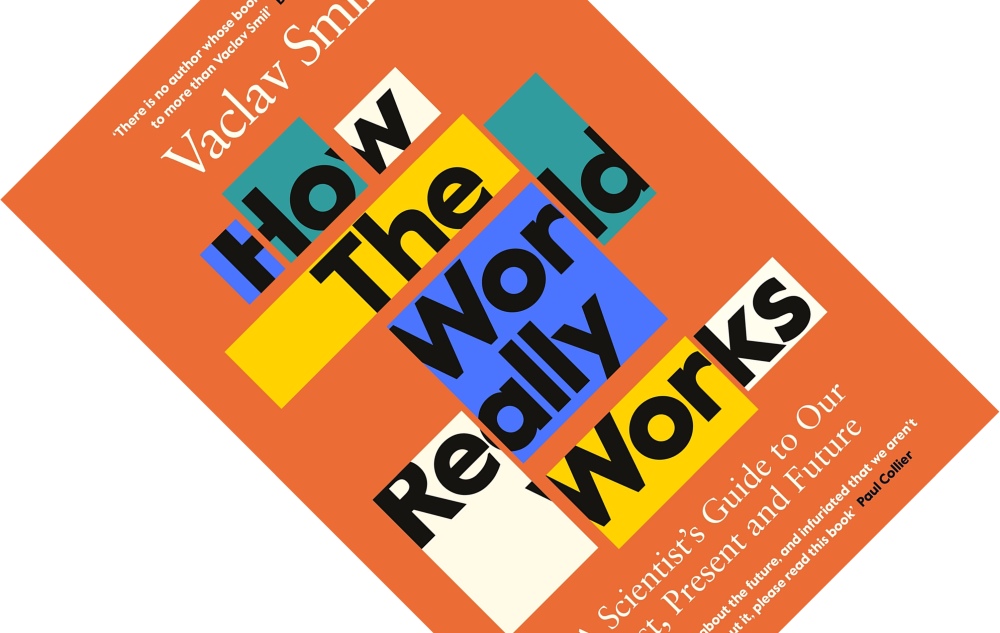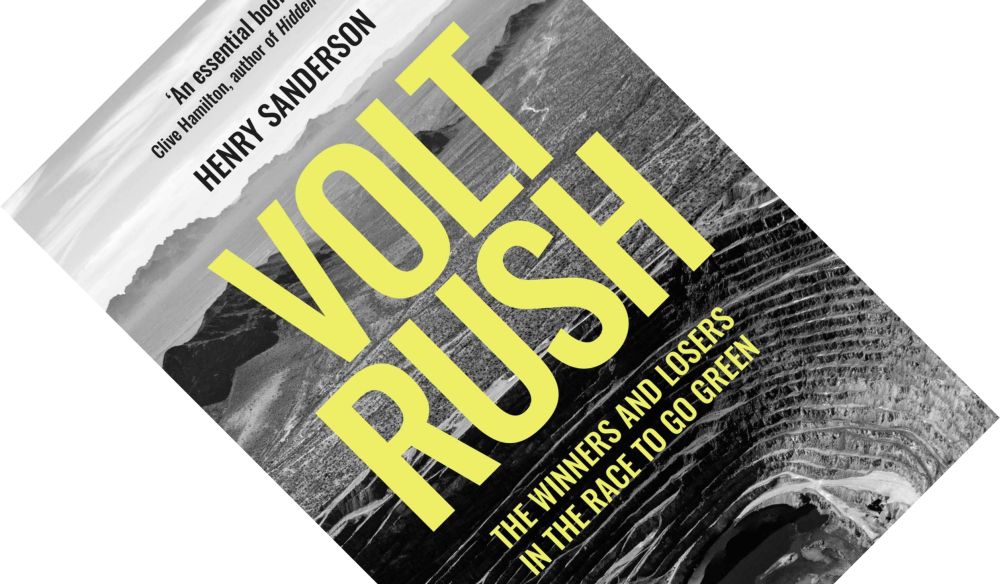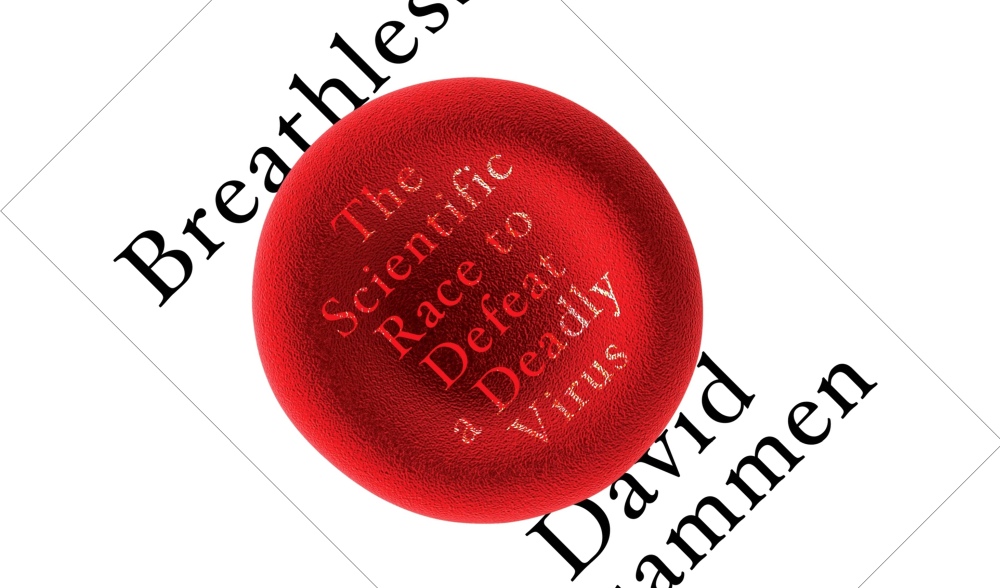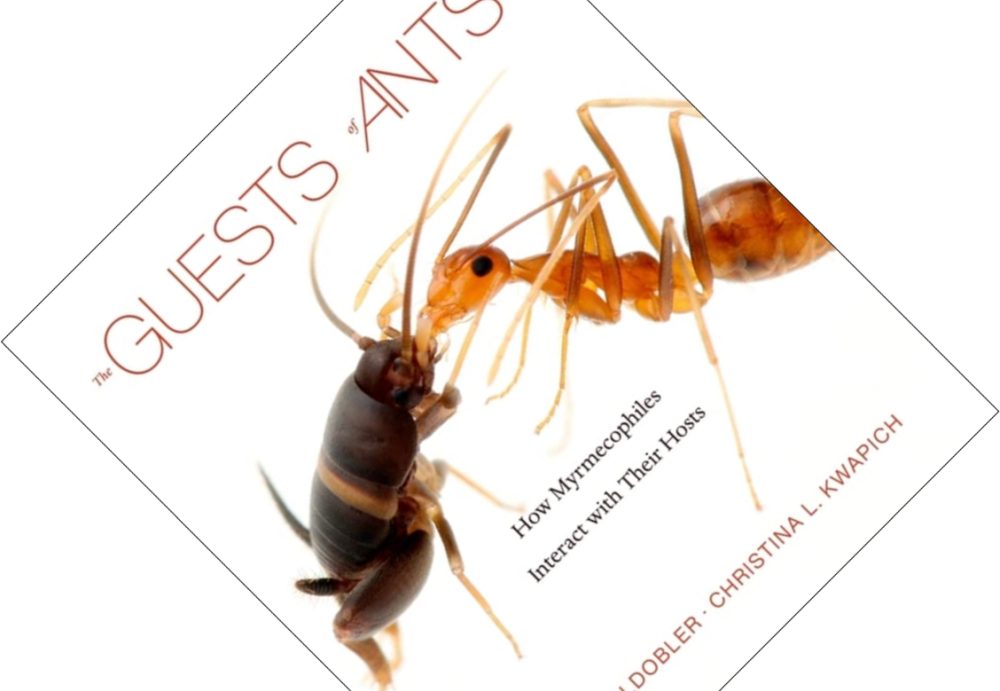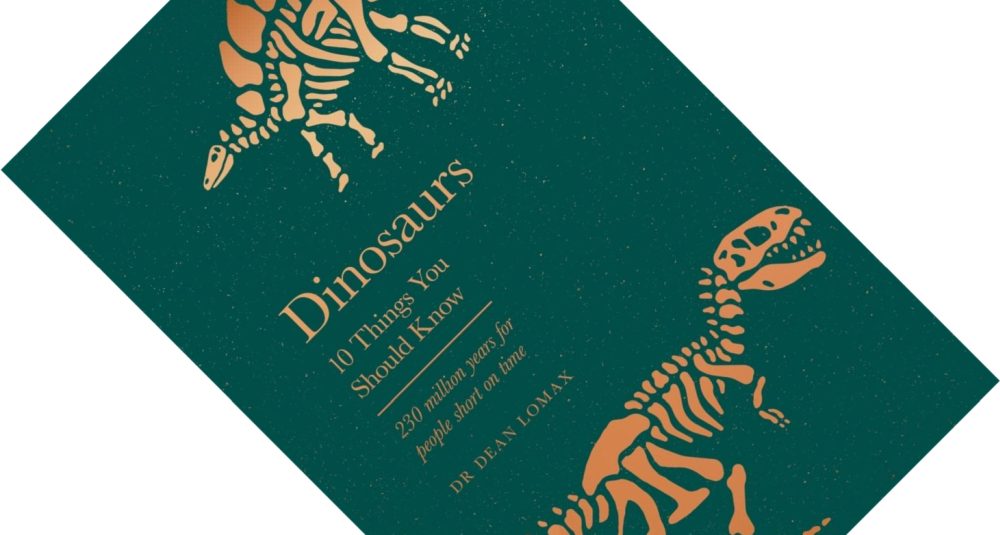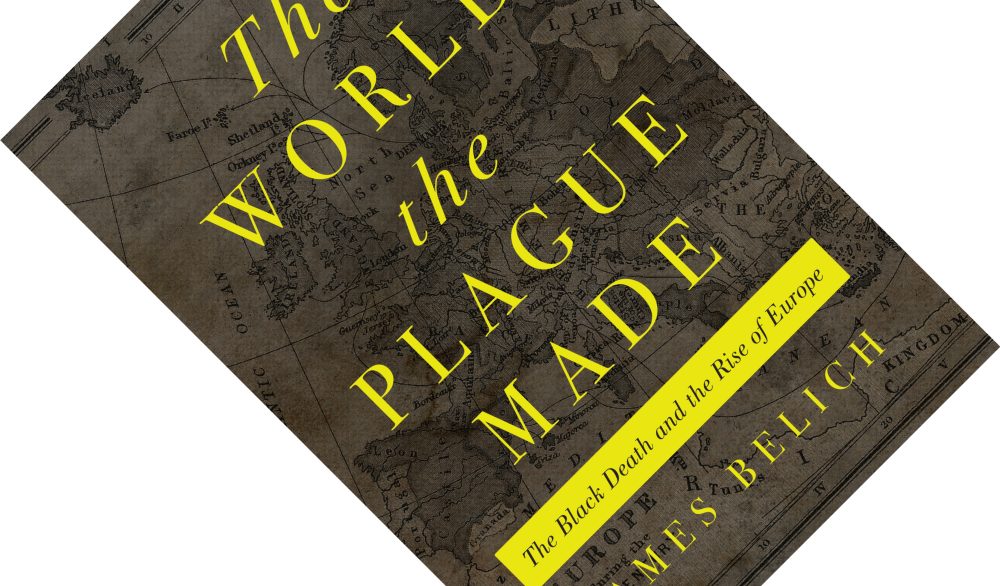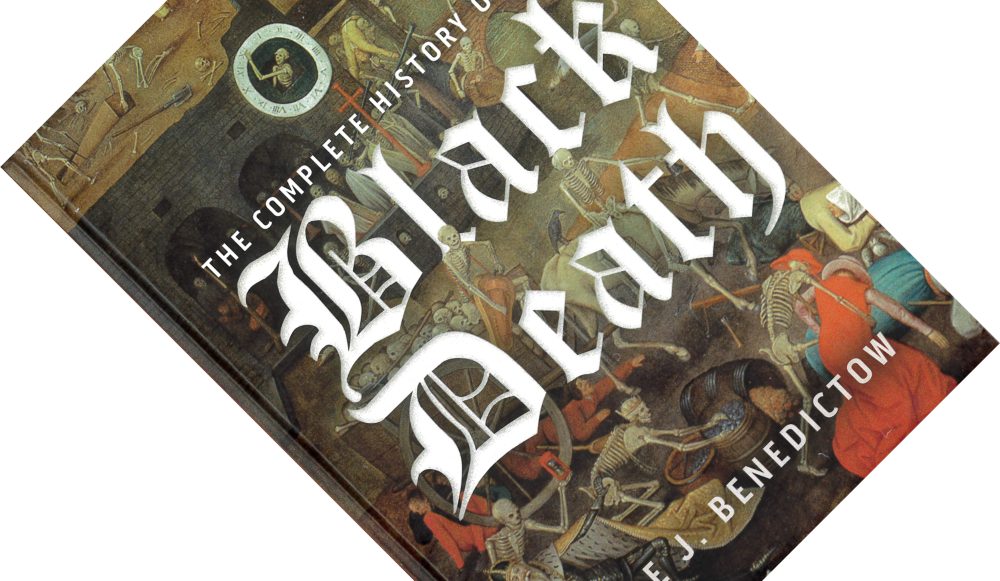7-minute read
keywords: ethology, wolves
The wolves reintroduced to Yellowstone National Park in 1995 are some of the best-studied mammals on the planet. Biological technician and park ranger Rick McIntyre has spent over two decades scrutinising their daily lives, venturing into the park every single day. Where his previous books focused on three notable alpha[1] males, it is ultimately the females that call the shots and make the decisions with lasting consequences. This book is a long overdue recognition of the female wolf and continues this multigenerational saga.
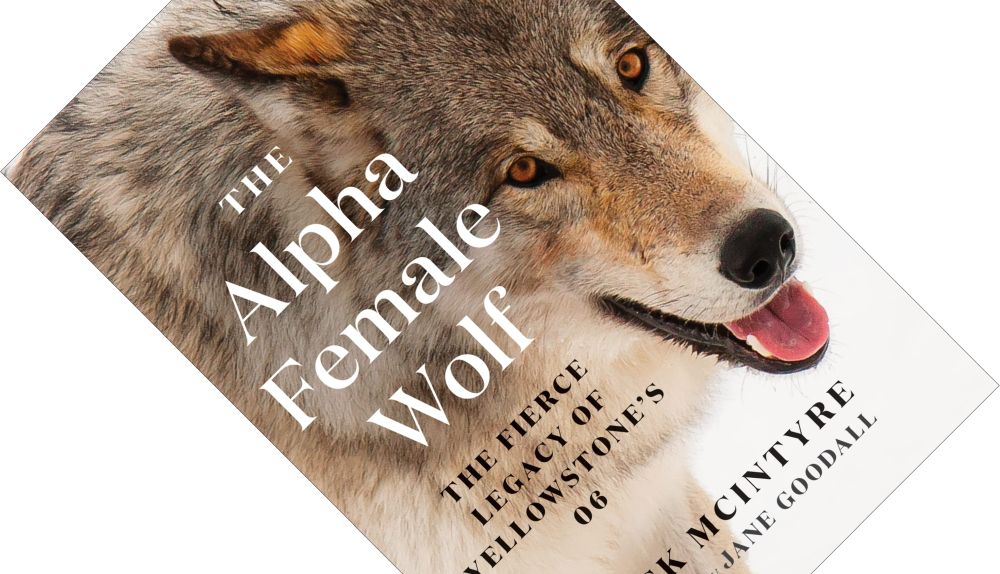 (more…)
(more…)
